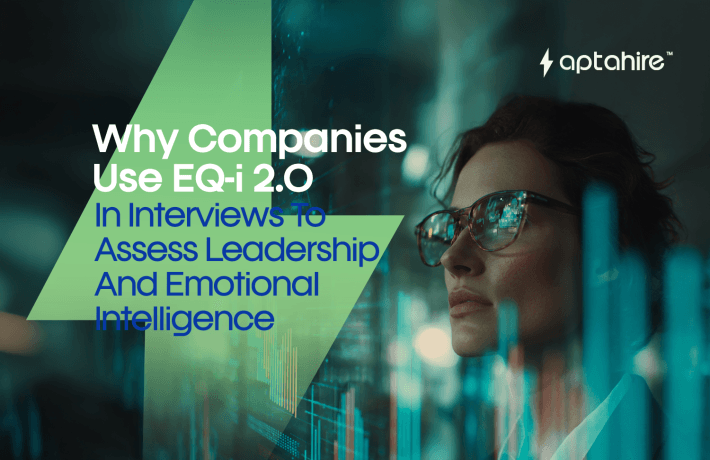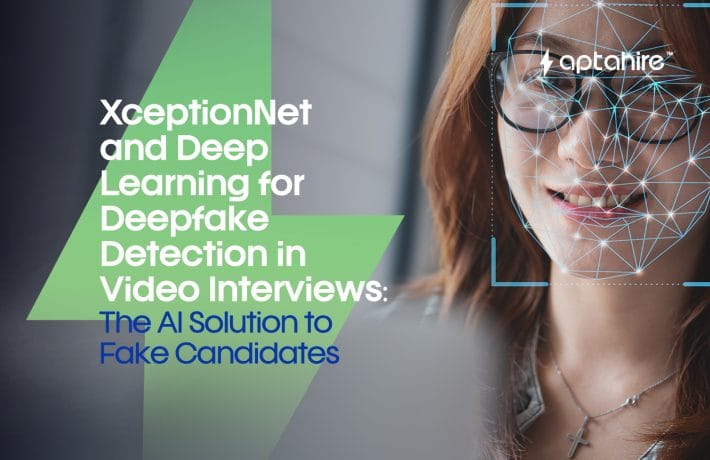How AI Enhances Candidate Screening in 2025

As an HR professional, I’ve spent years manually sifting through countless resumes and applications. It’s a daunting task, isn’t it? But here we are in 2025, where AI candidate screening has completely transformed how we find and evaluate talent. Let me walk you through this revolution and show you how AI is making our lives easier while improving hiring outcomes.
Did you know?
Recruiters spend an average of 15 hours per week sourcing candidates for a single role. AI can significantly reduce this time by automating the initial screening process, allowing recruiters to quickly sift through thousands of resumes using technologies.
1. The Power of AI in Recruitment Tools
Let’s start with the basics. AI in recruitment tools takes the heavy lifting out of the hiring process. These tools can scan resumes, analyze qualifications, and match candidates to job roles faster and more accurately than ever.
What’s remarkable is how AI understands nuances, whether it’s spotting transferable skills or assessing cultural fit. It’s like having an assistant who works tirelessly to find the perfect match for your organization.
2. Automated Hiring Process: A Game-Changer
Gone are the days of endless manual tasks. The automated hiring process powered by AI streamlines the initial stages of recruitment, from job posting to candidate shortlisting.
For instance, AI can parse resumes to identify keywords, qualifications, and experience levels, instantly categorizing applicants into tiers. It doesn’t stop there; automated tools also send follow-ups and schedule interviews. This frees up time for HR teams to focus on more strategic aspects of recruitment.
3. Smarter and Faster Candidate Screening
The traditional methods of screening candidates can be time-consuming and prone to human bias. AI candidate screening changes the game by leveraging data and analytics to evaluate applications impartially.
AI tools can rank candidates based on criteria like education, experience, and even personality traits. They can also flag potential red flags in resumes, such as unexplained job gaps, ensuring you don’t miss crucial details. This level of precision helps HR teams make faster and smarter decisions.
4. AI Interview Tools for Better Insights
The screening process doesn’t end with resumes. AI interview tools are now an essential part of recruitment. These tools analyze candidates’ responses, facial expressions, and even voice modulations to assess traits like confidence, emotional intelligence, and problem-solving skills.
Imagine conducting interviews where AI provides you with real-time feedback and scores for each candidate. It’s like having a co-pilot guiding you through the process, ensuring no bias influences your decision-making.
5. Benefits of AI Candidate Screening
By now, you’re probably wondering what makes AI candidate screening so revolutionary. Here’s a quick summary of the key benefits:
- Efficiency – Screen hundreds of resumes in minutes.
- Accuracy – Match candidates to roles based on data, not assumptions.
- Fairness – Reduce bias and promote diversity in hiring.
- Scalability – Manage high-volume hiring with ease.
- Enhanced Candidate Experience – Keep candidates informed and engaged throughout the process.
These benefits empower HR professionals to focus on building stronger teams rather than getting bogged down by administrative tasks.
Aptahire: Revolutionizing Recruitment with AI
Let’s take a moment to explore Aptahire, a game-changing AI-powered interview platform. Aptahire stands out for its ability to seamlessly integrate advanced AI features into every stage of the hiring process.
Here’s what makes it special:
- AI-Powered Resume Screening
Aptahire intelligently scans resumes to shortlist the most suitable candidates in seconds, saving you valuable time and effort.
- AI Interview Tools
With features like real-time analysis of candidate responses, Aptahire provides actionable insights to make data-driven hiring decisions.
- Personalized Communication
From tailored emails to automated updates, Aptahire ensures that every candidate feels valued and engaged throughout the recruitment journey.
- Predictive Analytics
Looking beyond the present, Aptahire’s predictive analytics can forecast candidate success and retention, helping you make strategic hiring decisions.
- Scalability and Flexibility
Whether you’re hiring for a single role or managing high-volume recruitment, Aptahire adapts to your needs effortlessly.
By leveraging Aptahire, HR professionals can streamline workflows, enhance decision-making, and deliver exceptional candidate experiences, all while staying ahead in an increasingly competitive talent landscape.
Wrapping Thoughts
AI candidate screening isn’t just a trend, it’s a fundamental shift in how we approach hiring. It has redefined what’s possible by combining efficiency, accuracy, and fairness.
In 2025, adopting AI-driven recruitment strategies isn’t optional; it’s necessary to stay competitive in the talent market. By embracing tools that automate the hiring process and integrate AI interview capabilities, we can create a hiring process that is as smart as it is human-centric.
So, are you ready to enhance your candidate screening process with AI? Let’s embrace the future together!
FAQs
- How does AI improve resume screening?
AI instantly analyzes resumes, identifying top candidates based on skills, experience, and job relevance; saving recruiters hours of manual work.
- Can AI help reduce hiring bias?
Yes! AI-powered screening tools focus on skills and qualifications, removing unconscious bias from the selection process for fairer hiring.
- How does AI predict candidate success?
By analyzing past hiring data, AI assesses candidates’ potential performance, cultural fit, and long-term success within a company.
- Does AI automate the interview process too?
Absolutely! AI schedules interviews, generates questions, and even evaluates video responses for faster, data-driven hiring decisions.
- Is AI candidate screening suitable for all industries?
Yes, AI adapts to various industries, from tech to healthcare, customizing screening criteria based on role-specific requirements.



